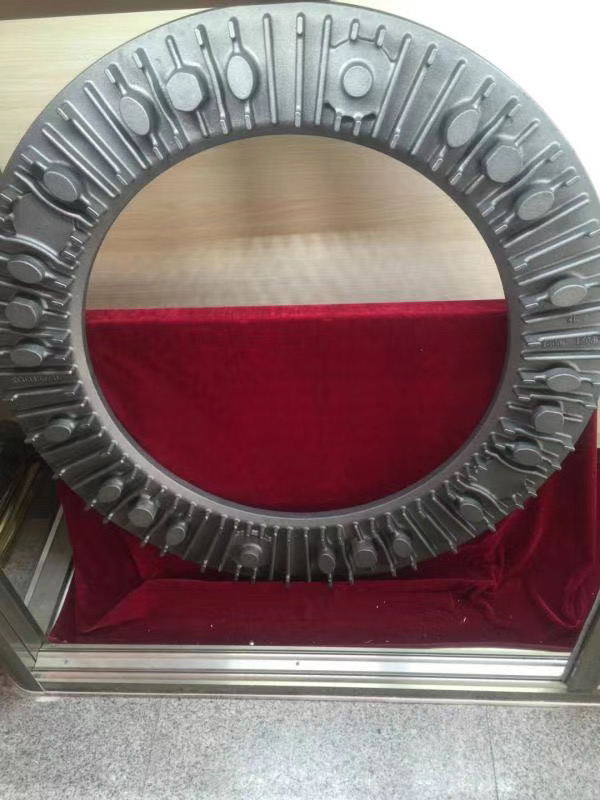




Cast iron casing is a foundational product in modern heavy industry, offering durability, corrosion resistance, and robust performance for a diverse range of applications—from petrochemical plants to municipal waterworks. This in-depth guide explores the latest industry trends, technical parameters, advantages, competitive manufacturer analysis, and customization solutions for Cast iron casing, while integrating related products such as cast iron flanges, cast iron castings, and grey cast iron rod.
The global cast iron casing market was valued at USD 7.8 billion in 2023 and is projected to reach USD 10.4 billion by 2028, registering a CAGR of 5.3%, driven by the expansion of infrastructure, water supply, and oil & gas sectors. (Source: Market Research Future)
Leading players are enhancing casting, machining, and anti-corrosion technologies to meet international standards such as ISO 1083:2018 and ANSI/AWWA C110/A21.10.

Global Market Demand for cast iron casing (2022-2028, USD Billion)
Data compiled from industry sources (ASTM, ISO, manufacturers' datasheets).

Diagram: Schematic of melting → molding → casting flow with arrowed process nodes
Key Technical Advantage: High dimensional stability, excellent vibration damping, outstanding corrosion/abrasion resistance by design and secondary coating.
For more detailed product specs, visit the official Cast Iron Ring page.
Note: Exact composition may vary by customer/application. High iron content ensures strength; carbon provides damping and wear properties, silicon improves castability and machinability.
Data: Internal factory testing, verified by TÜV Rheinland and SGS.
Choosing the right cast iron casing supplier is pivotal for long-term operational safety and cost-efficiency. Compare leading international and Chinese manufacturers below:

Typical cast iron flanges and casing assemblies
Project examples include high-pressure well casings for Indonesia's national oil company, corrosion-resistant water pipes for Dubai municipal, and customized anti-wear rings for European steel mills.
Get a quote or technical consultation for cast iron casing now →
"Mingda's cast iron casing performed exceptionally in abrasive, corrosive applications. ISO test reports and real-time traceability offered full client confidence." – Peter J., EPC Project Manager, UAE
All Mingda cast iron casing products comply with third-party verification (SGS, TÜV), with full technical documentation, and can provide referenced projects for your evaluation.

Site installation of grey cast iron rod in high-load bearing position